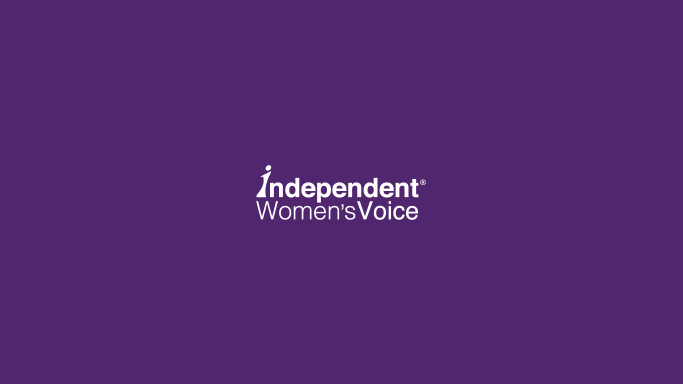The House bill is dead—vive Le Baucus bill! That seems to be the stance of Obamacare supporters on the Hill. Just one problem: the Baucus version isn’t likely to be that popular with the public either. Indeed, as James Capretta, who is doing such an excellent job of reporting on health care, notes:
[T]he Baucus plan suffers from the same problem that derailed the House bill: the more the public hears and learns about it, the less they like it.
Capretta points out three areas where the public is unlikely to go for the Baucus proposals:
First, there’s the so-called “individual mandate.” This is the key provision of Obamacare. It turns out that the grand plan to finally bring civilized, “universal coverage” to America amounts to nothing more than a hefty, regressive tax on low and moderate wage working Americans. They must either buy government-approved health insurance — the cost of which is driven up by excessive government regulation — or they must pay a $3,800 per household tax to the IRS. Yesterday, Pres. Obama tried to argue that this kind of overt government coercion doesn’t amount to a tax. Good luck with that argument.
There is also the plan to cut Medicare Advantage—granny would have to be pretty dumb not to realize that it’s going to affect her life—and there’s the tax on some health plans. If you remember, President Obama won last fall in part by inveighing against it when John McCain proposed something similar.
Capretta concludes:
The White House and their allies in Congress could avoid the political fallout associated with these highly controversial provisions if they worked with Republicans on a sensible, measured, bipartisan bill that covered more people with voluntary enrollment in a reformed marketplace, not heavy-handed government coercion. But Democrats are bound and determined to try and pass something akin to the Great Society, despite clear signals from the public that they aren’t interested in any such thing. Much hangs in the balance.

